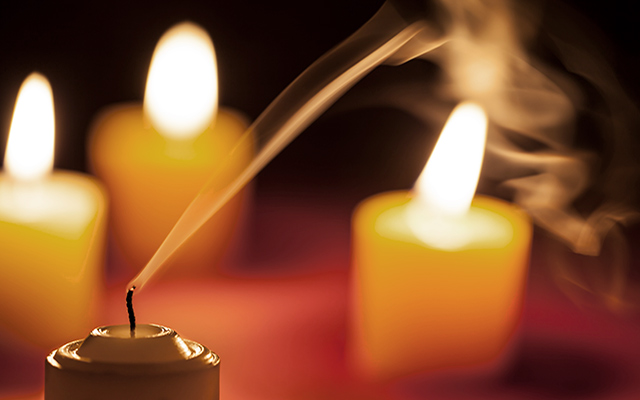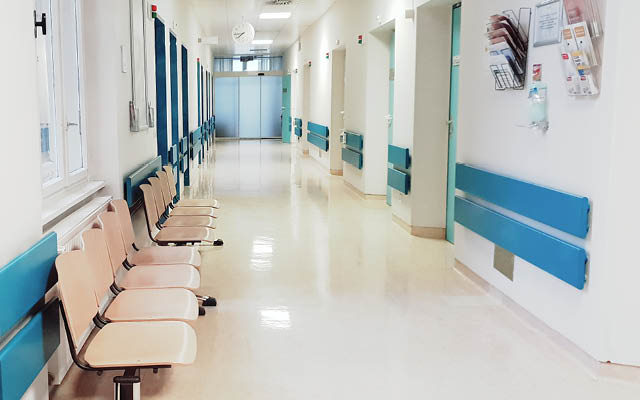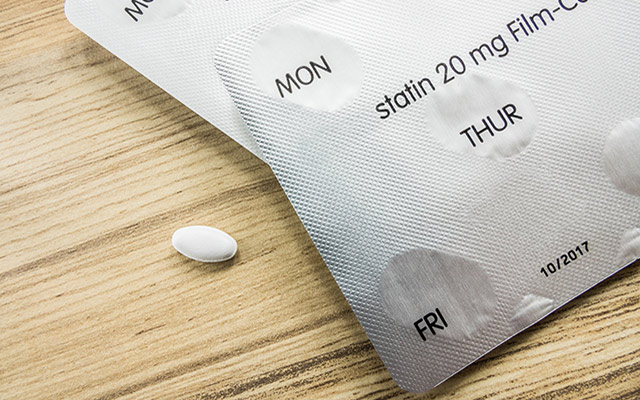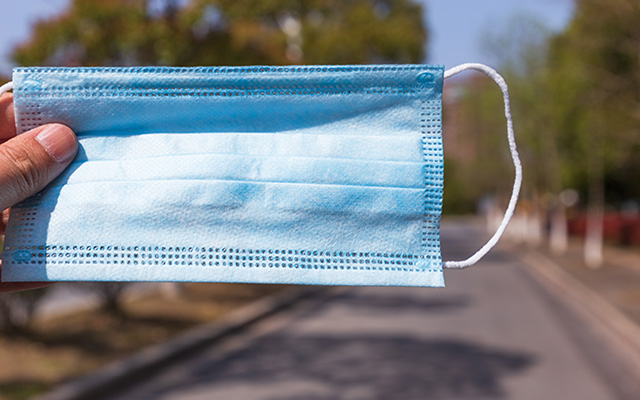Pumping Irony
LATEST STORIES
PUMPING IRONY: Crisis Competence
The pandemic persists, but evidence is accumulating that the elderly are coping with its challenges much more successfully than you might imagine.
PUMPING IRONY: A Real No-Brainer
Recent research suggests that geezers like me need to get out and socialize more in order to prevent dementia, but common sense — and a surging pandemic — tells me an addled brain is the least of my worries.
PUMPING IRONY: Dying to Know
Wisdom from a palliative-care doctor helps me absorb both the enormous toll of the pandemic and the imminent demise of my brother.
PUMPING IRONY: Cashing in on COVID
Driven by the demands of a broken business model, nursing homes opened their doors to coronavirus patients — with predictable results.
PUMPING IRONY: Pilgrimage
An anxious journey to visit my dying brother offers a powerful argument against fleeing from sorrow and pain.
PUMPING IRONY: Keeping Calm and Carrying On
Recent research suggests the elderly are coping more effectively than their younger peers with the emotional challenges of the pandemic. In my case, at least, that may have more to do with conditions and coincidence than acquired wisdom.
PUMPING IRONY: A Cancer Chronicle
In the pursuit of some genuine empathy in the wake of my brother’s cancer diagnosis, I find surprising wisdom in one young woman’s battle with the disease.
PUMPING IRONY: A Dose of Reality
All indications suggest seniors may be wise to temper their expectations about a forthcoming COVID-19 vaccine.
PUMPING IRONY: Salutary Side Effects?
Non-COVID hospital admissions have dropped precipitously since the pandemic struck, leading some to suggest our precautions have somehow made us healthier. I have my doubts.
PUMPING IRONY: So Sad
As my brother tumbles into the cancer vortex, I find myself struggling to find ways to express my grief and show my support.
PUMPING IRONY: Location, Location, Location
Many factors affect our access to healthcare, but new research suggests that where we choose to live may actually enhance — or limit — our lifespan.
PUMPING IRONY: Trials and Tribulations
Elderly Americans who volunteer for drug trials seldom make the cut. That makes it more difficult for researchers to know just how their new product will work for folks who often need it the most.
PUMPING IRONY: Statins and Suspicions
Recent research suggests cholesterol-reducing drugs may be safer than once thought and offer cancer- and COVID-fighting benefits. So, why do I remain unconvinced?
PUMPING IRONY: Locked Out
While COVID-19 has exacted a huge toll on those coping with a chronic disease, few have suffered more than older adults struggling with dementia.
A Dose of Uncertainty
As we wait impatiently for a COVID-19 vaccine to free us from the current pandemic, a recent survey indicates surprising skepticism, and healthcare experts suggest we temper our expectations.
PUMPING IRONY: A Risky Business
While pandemic-weary Americans are stretching the boundaries that once contained their activities, I find myself wondering about my own tolerance for risk.
PUMPING IRONY: The Perils of Normalcy
Six months into the current pandemic, I realize I’ve begun to forget the lessons it’s been trying to teach me.
PUMPING IRONY: Faulty Connections
The current pandemic has sparked a boom in telemedicine, but a new study notes the many reasons why it’s not a viable option for many seniors.
PUMPING IRONY: The Kids Are Alright?
Some evidence suggests that young people are carrying the virus into their multigenerational households, triggering the pandemic’s recent surge. Does that mean we should cancel visits from our grandson?
PUMPING IRONY: Calm Amid the Storm
A pair of new studies suggests that my geezer compatriots — those of us who are still alive, anyway — are actually coping with the pandemic a lot better than you might expect.
PUMPING IRONY: Wedding-Bell Blues
Our daughter is planning a big wedding this fall, despite the surging pandemic. This is forcing her geezer parents to make some heartbreaking decisions.




















